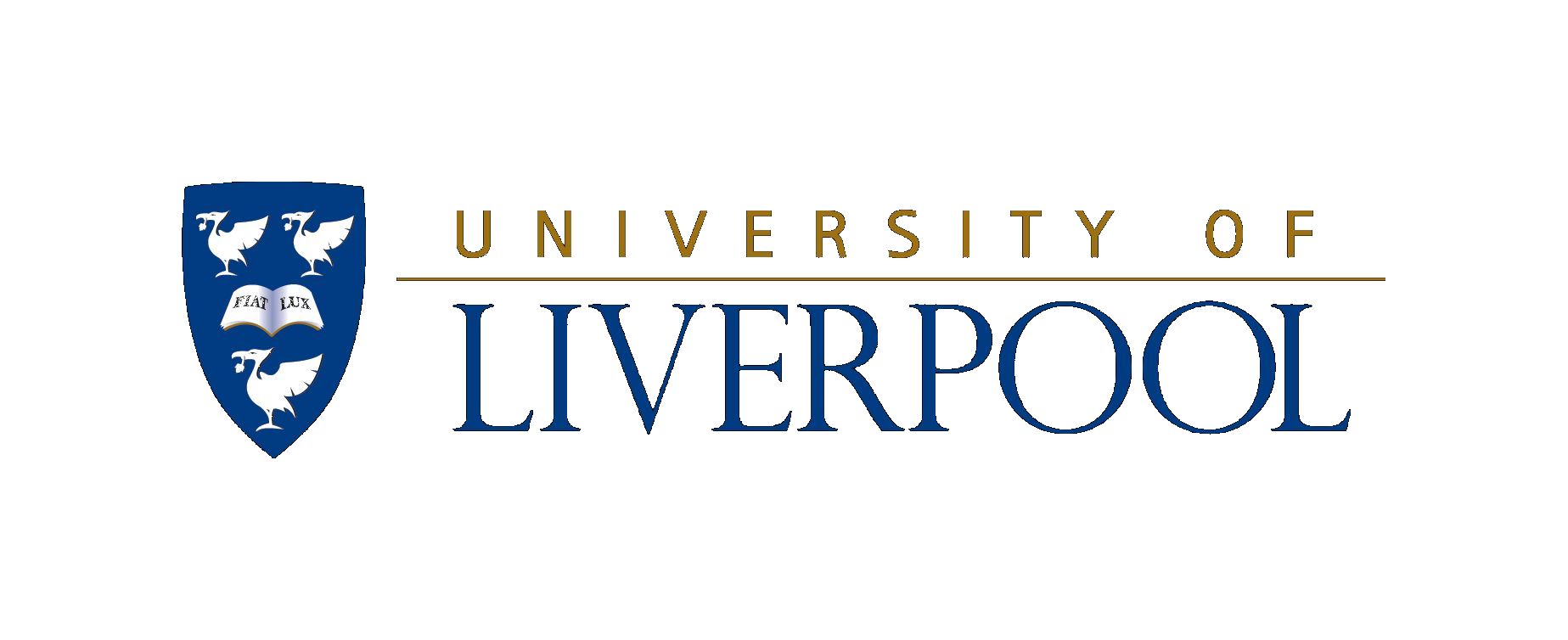
The University of Liverpool (ULIV) is one of the UK’s top traditional, research led, universities. The University of Liverpool’s School of Environmental Sciences was established in 2009 to create a teaching and research centre which merged Liverpool’s environmental disciplines. The School is the largest environmental sciences institute in the north of England. Marine Biology and fisheries investigation have been a core part of the University’s portfolio since 1876. Current marine ecology programmes include investigations into the long-term changes of benthic and zooplankton communities, the effects of fishing on ecosystem functioning, the design of Marine Protected Area networks and ecosystem-based fisheries management. The School has strong links to other marine research institutes and is involved in several national and international projects to assess the effects of anthropogenic and non-anthropogenic forcing factors on exploited species.
ULIV plays a major role in all aspects of the project relating to marine ecosystems, and a lead role in the development of a marine case study (Trade-offs in ecosystem-based fisheries management in the North Sea aimed at achieving Biodiversity Strategy targets) covering widely dispersed but ecologically important sea floor habitats. ULIV works with marine stakeholders to ensure the project meets stakeholder needs and that the outputs are communicated in an appropriate and timely manner to facilitate uptake by the user community.




